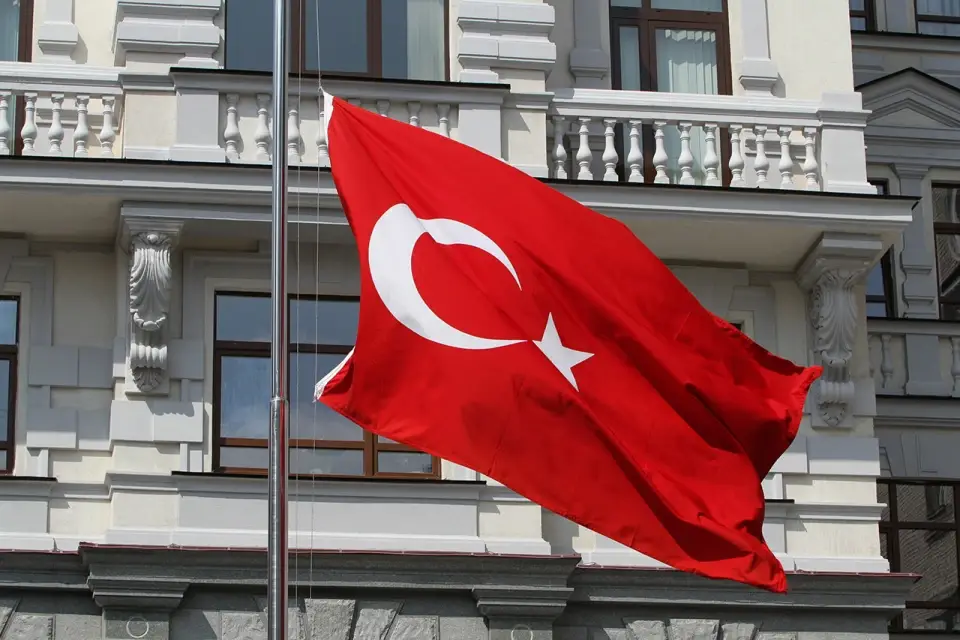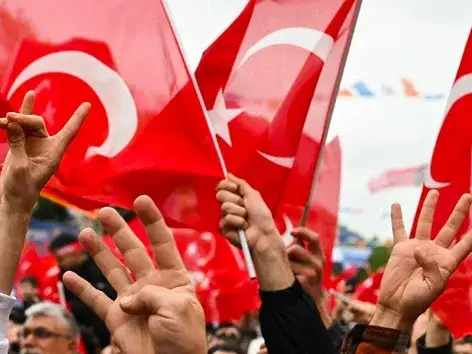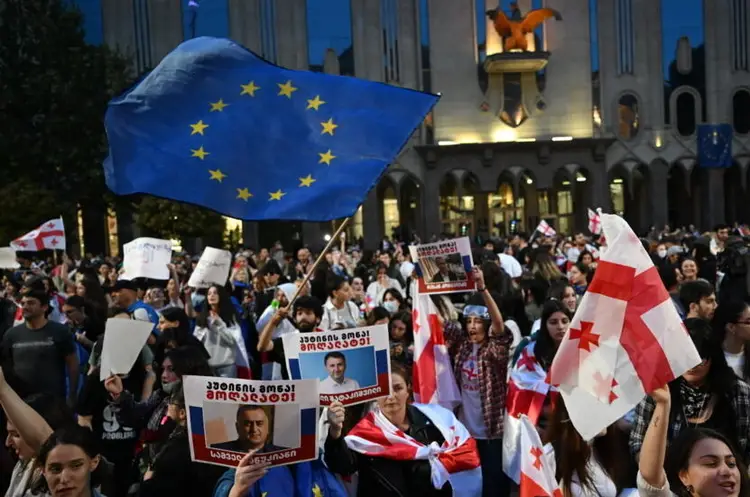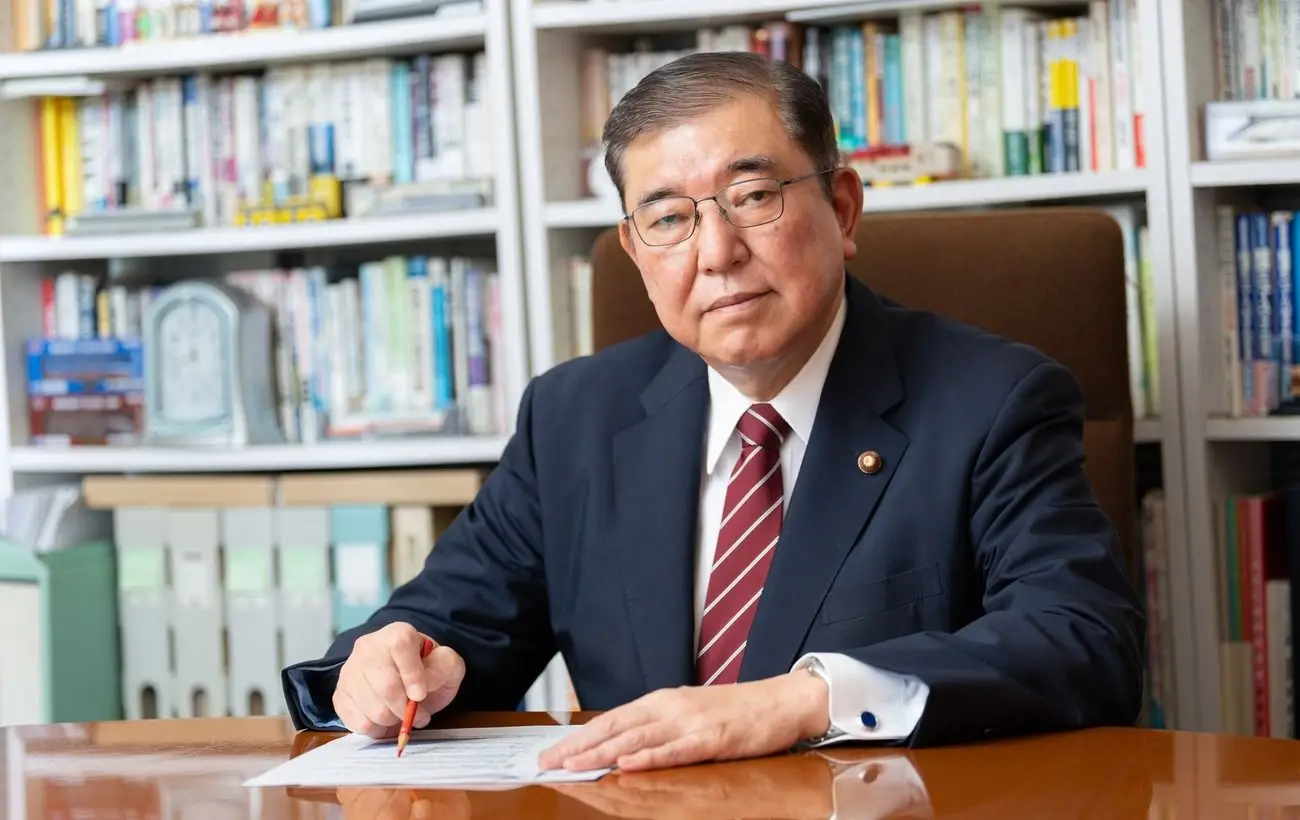Why did the opposition win the local elections in Turkey and what will be the consequences?

The results of these elections have already been dubbed a "political earthquake" because the ruling party suffered the biggest defeat in all 22 years of its existence
Turkish President Recep Tayyip Erdogan has said that his party will objectively assess the results of the recent local elections and is ready to openly criticize itself for them. These elections have already been characterized as a "political earthquake," as the party in power suffered the biggest defeat in its 22-year history.
But does this mean that Erdogan's rule will soon come to an end? Or will the factors that led to the opposition's victory now be taken into account in the upcoming presidential and parliamentary elections?
In addition, does Erdogan himself intend to leave politics, especially given the possible adoption of a new constitution in Turkey, which in turn may allow the current president to run for the fourth time?

Election Results
As a result of local elections in Turkey, representatives of the opposition Republican People's Party (CHP) will become heads of 35 regions, including Istanbul and Ankara.
Ekrem Imamoğlu, the current mayor of Istanbul, retains his post with 51.1% of the vote, outpacing his rival from the presidential Justice and Development Party (AKP) by almost 11.5%.
Almost 60.4% of the capital's voters supported incumbent Ankara Mayor Mansur Yavash of the CHP.
The CHP also won 35 of 81 regions, including Istanbul and Ankara, while the AKP won 24 similar positions, mostly in central Turkey.
Erdogan noted that he did not get the desired result in the elections and promised to analyze the message of the voters and take appropriate measures. Erdogan has been president since 2014 and previously served as prime minister.

What is the reason for the ruling party's loss?
The current success of the opposition is mainly due to economic difficulties. In national elections, such as presidential or parliamentary, voting takes into account other factors, such as stability and security in the country or foreign policy aspects. However, at the local level, people mostly vote based on their economic situation.
The current election result is a response to high inflation, the devaluation of the Turkish lira and the deterioration of the purchasing power of Turkish voters.
After last year's presidential election, Erdogan announced a change in economic policy, but it did not have the expected effect, especially for ordinary people.
The vote is also to some extent a reaction to the aftermath of the earlier earthquake, when the authorities failed to rebuild damaged areas quickly enough.
The opposition has improved its strategy since the last election, changing its leadership and focusing its efforts on common goals with less popular parties.
Turkey's economy is currently going through a period of instability. In 2021, the country faced a significant inflation rate of 36.08%, which led to an average increase in food prices by 43.8% and a rapid drop in the value of the Turkish lira by 44%.
A distinctive feature of Turkey's economic policy was the abandonment of traditional methods of fighting inflation. Instead, the country's central bank increases the amount of money in circulation to stimulate inflation, using it as a means of cheapening the national currency and attracting foreign investors.
According to Erdogan's strategy, when the lira becomes cheaper against the dollar, Turkish goods become more competitive in foreign markets, which he believes will increase exports and create new jobs.
However, this approach has caused outrage, as Turkey's central bank is losing its independence from the government, which violates the principles of economic stability and non-subordination to political influences.

Will this be the end of Erdogan's rule?
The next presidential and parliamentary elections will be held only in 2028.
Thus, Erdogan has enough time to analyze and correct mistakes. He has real opportunities to adjust his policy and regain voter support.
Of course, much can change in both foreign and domestic policy over the next four years. Therefore, we should not draw conclusions about the political future of the AKP too early.
But the overall dynamics for the ruling party are not encouraging. Its results were worse even compared to the 2019 local elections.
A victory for the AKP in these elections would be a step towards the final consolidation of Erdogan's power in the country. However, the voters sent the opposite signal to the authorities, indicating a desire to have a real counterweight to the government and to ensure a certain balance of power between it and the opposition.












